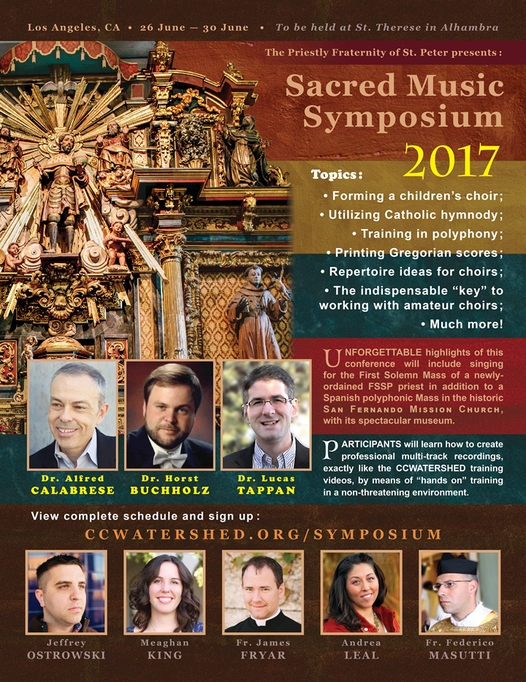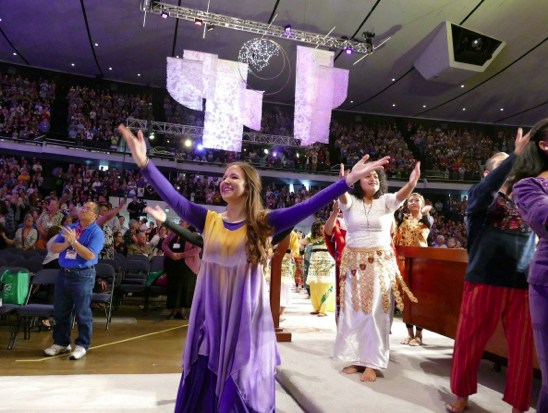A facebook friend (he can feel free to name himself) has been asking about a passage in the USCCB-sponsored document Sing to the Lord: Music in Divine Worship. The passage concerns the writing of new hymns.
Sing to the Lord #83 (quoting the USCCB’s 2006 Directory on Music and the Liturgy):
“to be suitable for use in the Liturgy, a sung text must not only be doctrinally correct, but must in itself be an expression of the Catholic faith.”
I take it the passage means that not only should hymns be error-free (which one would think should go without saying, but actually needs to be said), but also that it should express the faith.
Let’s say that there is a text free from doctrinal error. Does it express the faith in any one of the many possible ways that this can be done? Does it say something true about Christian salvation, or about the person of Jesus, or the responsibilities of discipleship, or the love of God?
Without this positive criterion of expressing the Catholic faith, it is possible to write hymns that promote a watered-down version of Catholicism, a worldview that is little more than deistic, very vague, and, I would add, very boring.
I have written before about this worldview. It is widespread and, I believe, the biggest threat to Catholicism, often institutionalized and rewarded. While perhaps not strictly speaking heretical, hymns that support this worldview do not express the Catholic faith in a positive way. They may or may not express some humanistic substitute doctrine, such as psychological well-being in place of salvation, or a philosophical doctrine, such as a Hegelian understanding of death and rising.
In any case, vague and not-clearly-Christian hymns dilute the faith life of Catholics. With so many excellent texts in circulation, there is no good reason to use them. They ought to be avoided.





